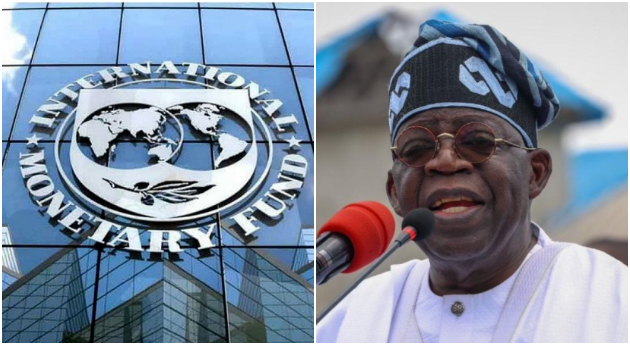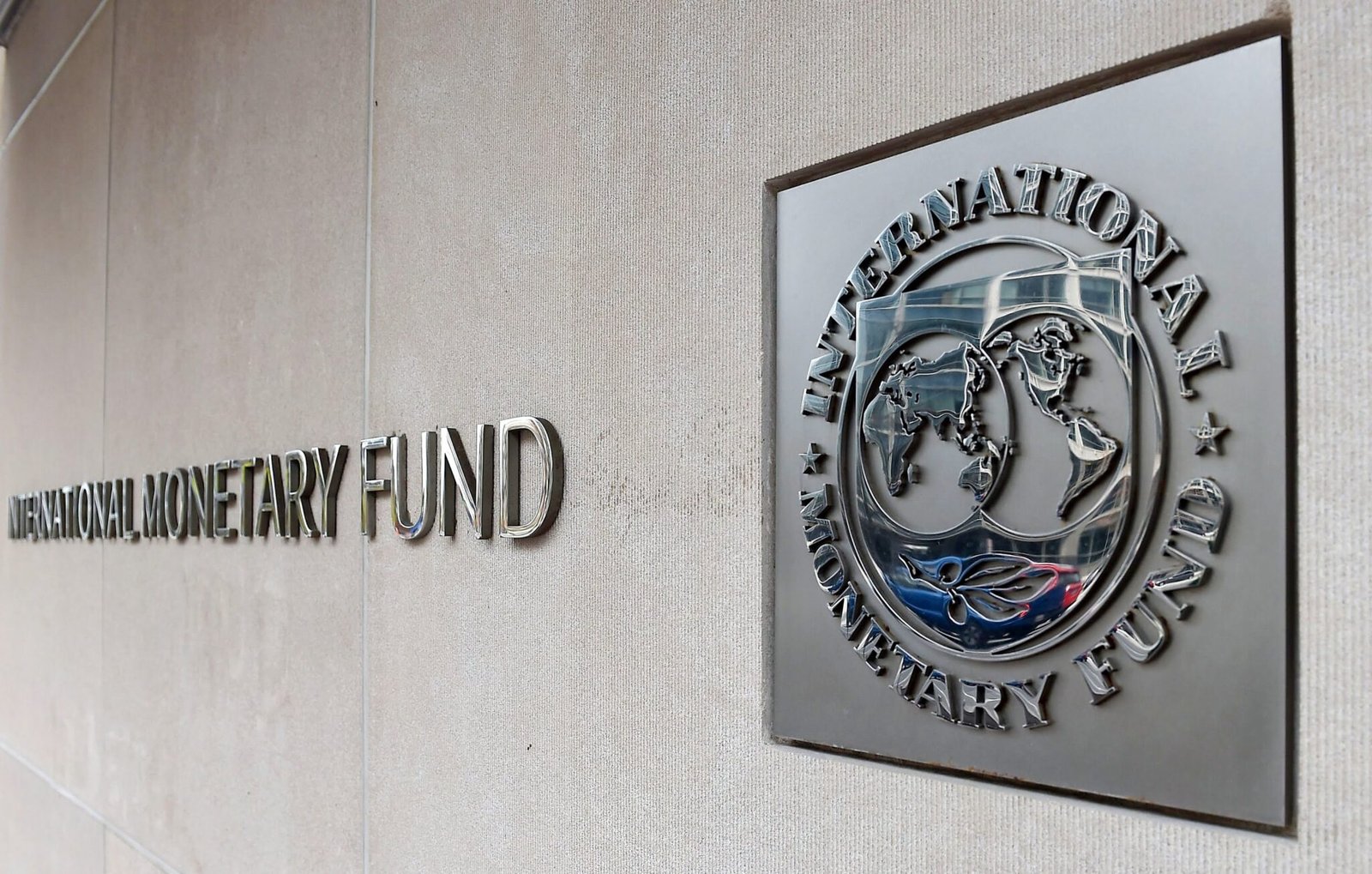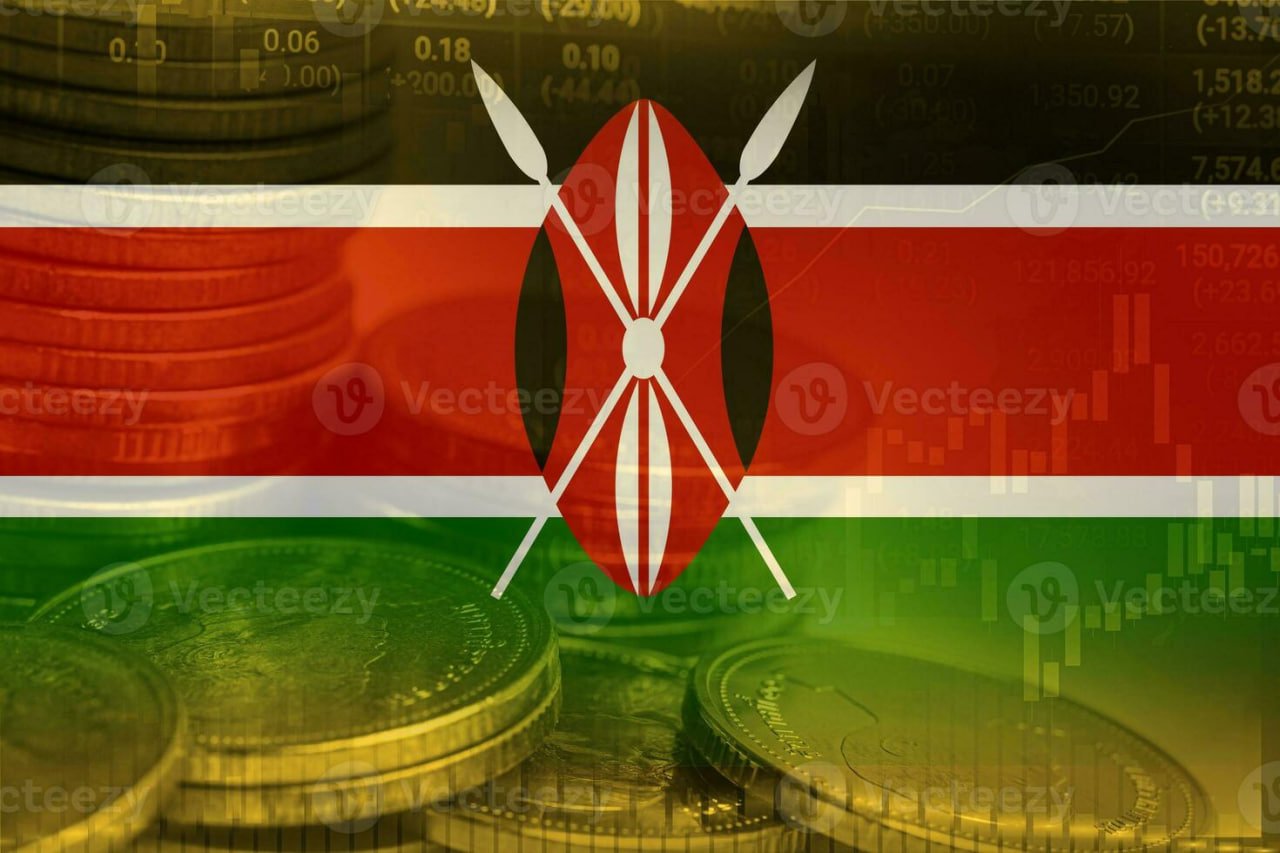President Bola Tinubu has announced the establishment of diplomatic relations with Saint Lucia, describing it as a “symbolic bridge” to foster closer ties between Nigeria and the Organization of Eastern Caribbean States (OECS). This move, formalized on June 30, 2025, during a special joint session at the William Jefferson Clinton Ballroom in Sandals Grande, Gros Islet, Saint Lucia, underscores Nigeria’s renewed commitment to recognizing the strategic and emotional significance of these enduring bonds.
Tinubu proposed visa waivers for OECS official passport holders, aiming to facilitate smoother official travel and closer institutional cooperation between Nigeria and the OECS. He urged reciprocal gestures from OECS nations, emphasizing a shared commitment to strengthening and expanding the friendship that unites their regions, as he addressed an audience of over 300 people, including OECS Heads of Government, senior officials, and the Nigerian community in Saint Lucia.
Highlighting Nigeria’s demographic and economic prominence in Africa, Tinubu noted its rich history of contributions to the advancement of the Black race and its role as home to the largest diaspora community of West African descent. He quoted Marcus Garvey, saying, “Get organised and you will compel the world to respect you,” and added an African proverb, “If you want to go fast, go alone. If you want to go far, go together. Let us journey together, united in purpose and fortified by our common heritage.”
Also Read:
- Nigerians to Now Pay N1.6 million For 5-year UK Visit Visa as UK Increases Visa Application Fees
- FG Enhances Visa on Arrival (VOA) Process with E-Visa Upgrade for Business Efficiency
- Nigeria Replaces Visa on Arrival with e-Visa and Digital Travel Cards in Landmark…
- EB3 Visa Programme: A Visa for Professionals in the US
Culturally, Nigeria is celebrated as the continent’s creative heart, with its rich array of ethnic traditions, global cuisine, fashion, Nollywood film industry, and literature gaining international acclaim. Tinubu made this point while speaking to the audience, which included leaders from Grenada, Antigua and Barbuda, St Kitts and Nevis, Dominica, Montserrat, Saint Martin, and Saint Vincent, reinforcing the deep historical and cultural bonds between Nigeria and the diaspora.
On economic diplomacy and trade, Tinubu offered OECS access to Africa’s largest market, calling for joint ventures and deeper commercial ties to enhance trade and investment partnerships in agriculture, manufacturing, and services. He positioned Nigeria as a supplier and destination for OECS exports, advocating for enhanced trade that would benefit both regions, as part of his administration’s series of economic, political, and social reforms since May 2023 to promote sustainable growth.
Tinubu proposed a maritime university collaboration and extended Nigeria’s Technical Aid Corps (TAC) programme to OECS countries, emphasizing Nigeria’s readiness to provide skilled education, healthcare, and engineering professionals to support regional capacity-building. He strongly advocated for educational exchange programmes between Nigerian and OECS maritime universities, suggesting that such partnerships will build technical capacity and foster mutual understanding and long-term academic collaboration.
Beyond maritime education, Tinubu called for joint scientific research initiatives to address common health challenges, proposing formalized agreements to define key areas of cooperation in education and research. He also recognized the existential climate threats facing small island states, urging joint research on adaptation strategies, sustainable agriculture, disaster preparedness, and climate-induced migration to deepen understanding and enhance resilience.
Reiterating Nigeria’s Afrocentric foreign policy, Tinubu emphasized the cultural and historical ties with the diaspora and its enduring role in global Black solidarity. As the most populous nation on the African continent and a longstanding advocate for the dignity and advancement of Black people worldwide, Nigeria has opposed colonialism and racial injustice, playing a key role in the Pan-African movement.
Tinubu reaffirmed Nigeria’s commitment to deepening ties with OECS and Caribbean nations, anchored in shared African heritage and Pan-African ideals, and expressed a desire for greater people-to-people engagement. He noted Nigeria’s vast natural resources and position as Africa’s largest market offer significant opportunities for OECS, both as a source of essential inputs and a growing export destination.
By sharing research findings on climate impacts, adaptation strategies, and disaster risk management—including rising sea levels and hurricanes—Tinubu believes Nigeria and the OECS can enhance collective resilience. He highlighted Nigeria’s instrumental role in establishing the Organisation of African Unity, now the African Union, which has embraced the Caribbean and the broader diaspora as its sixth region, fostering a profound kinship.























